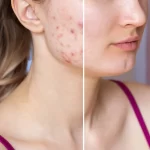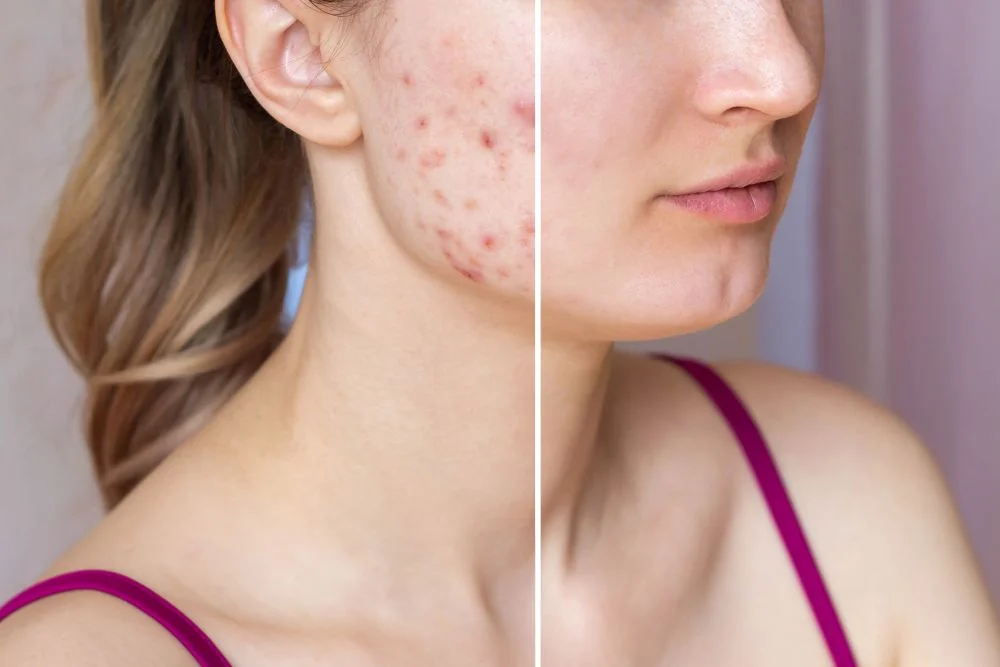Choosing between an aesthetician vs dermatologist can feel confusing. The main difference is that aestheticians focus on skin care services like facials, exfoliation, and non-medical treatments, while dermatologists are medical doctors who can diagnose and treat skin conditions.
At DermOnDemand, led by Dr. Alicia Atkins, board-certified dermatologists provide expert online care. They help you see when cosmetic services are enough and when medical treatment is needed.
Key Takeaways
- An aesthetician or esthetician can provide facials, peels, and cosmetic treatments, but only a dermatologist is a medical doctor trained to diagnose and treat skin conditions.
- Dermatologists complete about 12 years of education, are certified by the American Board of Dermatology, and can prescribe medication or treat serious issues like skin cancers.
- Estheticians may help with surface concerns such as mild acne or discoloration, but dermatologists manage deeper problems like acne scars, hyperpigmentation, and chronic skin issues.
- Choosing an esthetician for medical concerns can delay proper diagnosis, while a dermatologist ensures safe treatment and long-term results.
- DermOnDemand, led by Dr. Alicia Atkins, offers fast online access to board-certified dermatologists who provide prescriptions and treatment plans within 24 hours.
Aesthetician vs Esthetician: Terminology Explained
The words aesthetician and esthetician mean similar things, but people use them in different ways. An aesthetician often works closer to medical care and may focus on advanced cosmetic procedures. An esthetician usually works in spas or salons and gives facials or makeup applications. Both are skin care specialists, but neither is a medical doctor. This matters because only a dermatologist can diagnose and treat medical skin issues.Dermatologist vs Esthetician Differences
Training, Licensing, and Credentials
A dermatologist is a medical doctor. They finish medical school, a residency, and often more training. This path takes about 12 years. Dermatologists are certified by the American Board of Dermatology, which proves they are qualified to treat patients. Estheticians complete shorter training programs. They are licensed to give cosmetic procedures like facials, exfoliation, or laser hair removal in some states. They cannot prescribe medication, perform medical treatments, or diagnose skin cancers.Services and Treatments Compared
Dermatologists treat patients for a wide range of needs. They prescribe medication, give medical treatments, and also perform cosmetic procedures like injectables or laser therapy. They handle skin issues such as acne, eczema, psoriasis, and skin cancers. Estheticians give treatments that improve the surface of the skin. These include facials, peels, microdermabrasion, and makeup application. They help with appearance and comfort, but they cannot replace medical care.Quick Comparison Table
Dermatologist
- Medical school, board-certified
- Can diagnose and treat conditions
- Prescribe medication
- Manage skin cancers
- Perform medical and cosmetic treatments
Esthetician
- Short training program
- Licensed for cosmetic work
- Cannot prescribe or diagnose
- Offers facials and peels
- Provides surface skin care
Who Should You See for Skin Concerns?









